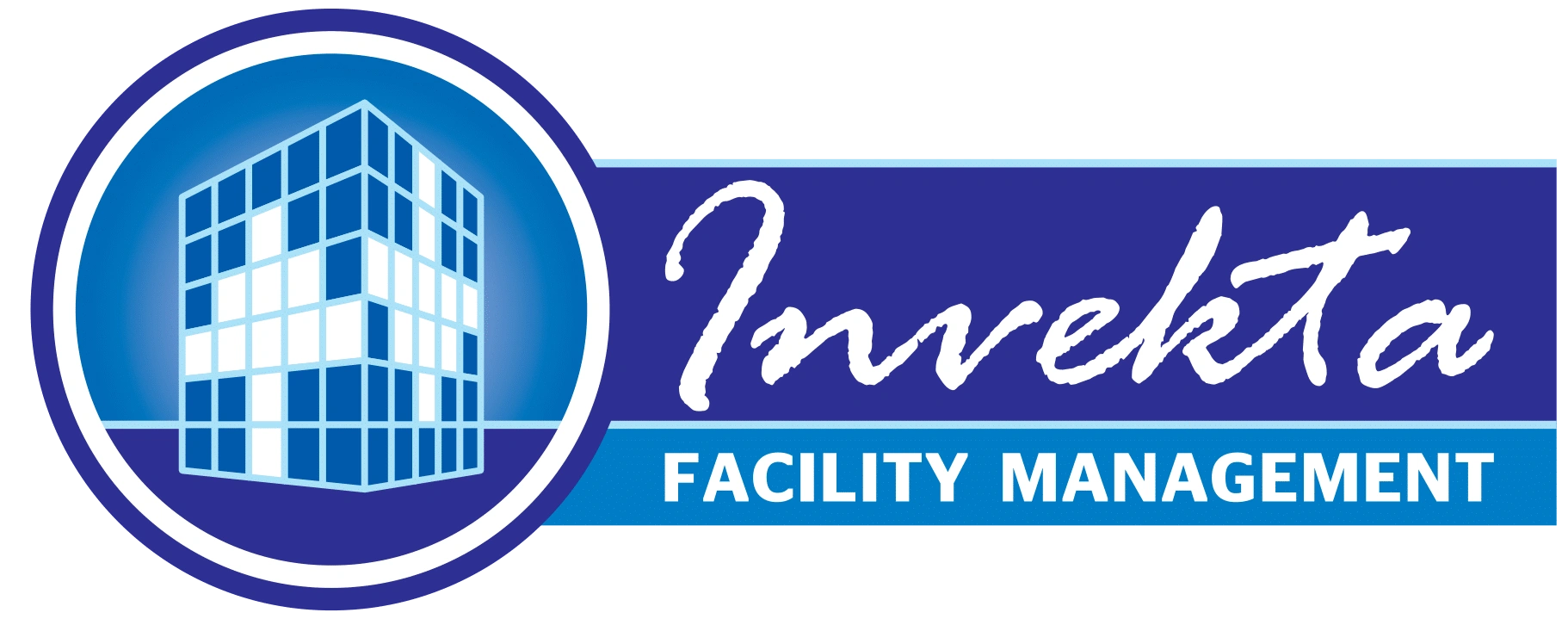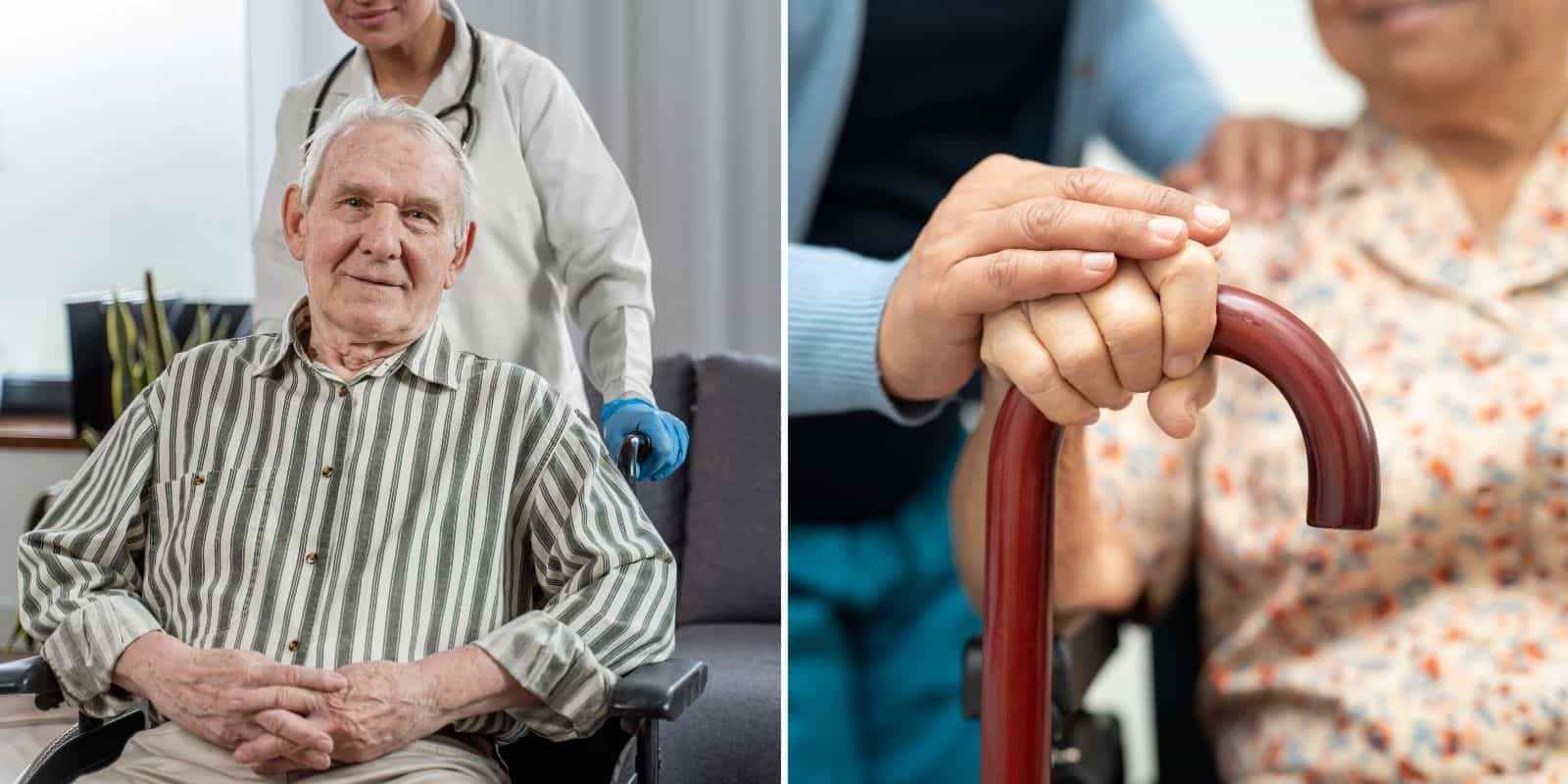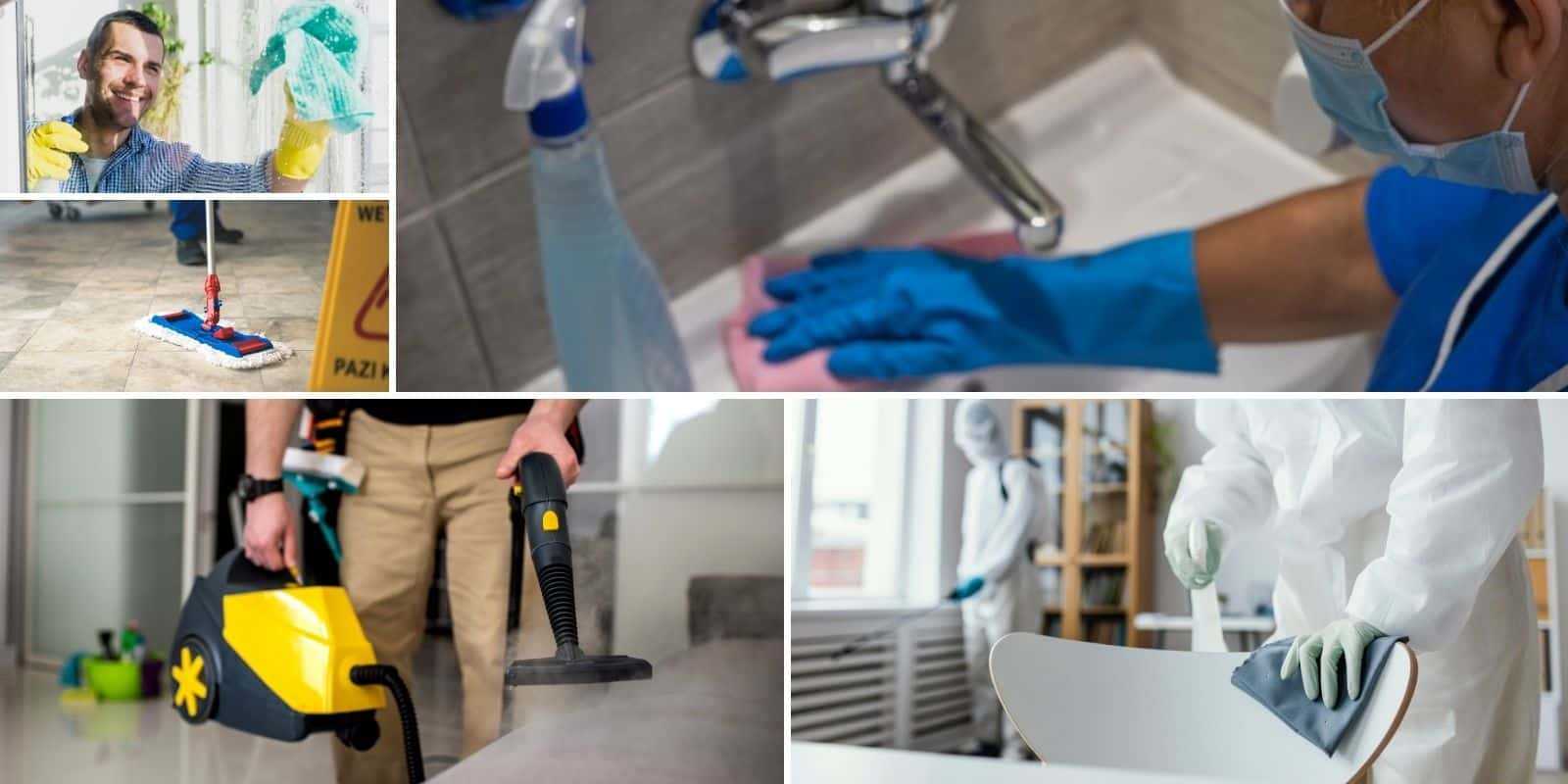Cleaning and disinfection in nursing homes are essential parts of the general care for the elderly and incapacitated. Who constitute a particularly fragile and sensitive population category. The elderly are more prone to bacteria and infections, which is why cleaning in facilities for their care must be carried out carefully and daily.
A clean environment is also a safe environment, and only such an ambiance can have a positive impact on the residents of these types of facilities.
Besides contributing to the residents’ more pleasant and healthier lives, it encourages their loved ones to visit them more often.
Read also: What is sick building syndrome and is it present in your employees? >>
Cleaning and disinfection in nursing homes – Highest hygiene standards for the well-being of the elderly
In addition to adequate medical care and a warm, supportive atmosphere, part of the priority care should be dedicated not only to the personal hygiene of our oldest citizens. But also to the premises in which they live.
Because only by aligning these aspects can the overall well-being of their psychophysical state, longevity. And, sense of being in their second home be achieved.
Therefore, besides doctors, nurses, and caregivers, full engagement of auxiliary staff is necessary: hygienists, cooks, drivers, and others.
Read also: Hygienic maintenance of hospitals and health centers – Our contribution to healthcare >>
What sanitation procedures lead to maximum interior hygiene in nursing homes?
Cleaning and disinfection in nursing homes play a significant role in preventing the spread of viruses, infections, exacerbation of certain diseases. And, of course, the development of new ones. In short, in maintaining and improving the immune system.
Considering that the residents of these institutions are in close contact with each other, the transmission of microorganisms and the development of infections are usually very rapid. Therefore, one must be constantly vigilant and act preventively.
In this regard, the plan for maintaining hygiene in gerontological centers includes various stages and details:
- removal of dirt, dust, and microbes from all tactile surfaces by cleaning (tables, chairs, countertops, doorknobs, switches, faucet handles, etc.);
- use of approved, non-toxic, and effective chemicals for disinfection, i.e., destruction of allergens and pathogens (bacteria and fungi) in the premises;
- daily and multiple cleaning of dining areas and ancillary rooms, as well as disinfection with a solution of acetic acid and hydrogen peroxide;
- placement of disinfectant dispensers at as many points as possible;
- ensuring that paper towel and soap dispensers are always filled and ready for use;
- disinfection of personal mobility equipment (crutches, wheelchairs, walkers, etc.);
- cleaning and disinfection of play equipment and other communal activities;
- regular changing of bedding and deep cleaning of mattresses;
- machine washing of hard floors, carpets, and upholstered furniture in rooms and common areas;
- cleaning of glass surfaces;
- cobweb removal and elimination of any mold;
- HVAC system check for smooth airflow (ventilation), proper heating, and cooling.
How does proper hygiene maintenance affect residents and staff in nursing homes?
Patients with cognitive disorders, such as dementia, can greatly benefit from a neat, clean, and organized space as it reduces their anxiety and stress. Being connected to a familiar environment can significantly help them maintain a connection with reality. And, bring them mental well-being.
In addition to health care and the warmth of residential staff, the cleanliness of the environment where elderly people live is directly related to the quality of their lives.
The feeling of being welcome and valued and being cared for in the best possible way is reinforced by providing a nice and pleasant environment.
Only then can residents of the home relax and enjoy days of socializing and conversations with their peers.
Does cleaning and disinfection in nursing homes end with the end of the hygienist’s work?
Of course not. But it starts with them. It is the duty of caregivers and other staff to remind the elderly to wash and disinfect their hands frequently. And, to use these means themselves, especially during interaction with residents.
Used protective gloves, wipes, and other consumables should be properly and safely stored in bins designated for special waste.
The goal of such behavior is crystal clear: to prevent the spread of infection and ensure the smooth functioning of the facility.
In addition to the above, continuous evaluation of hygiene and health safety protocols set at the highest level since the appearance of the coronavirus is necessary.
These are closely related to the general cleaning of healthcare facilities, which the hygienists of the Invekta company carry out extremely professionally. With the help of industrial machines, special sanitary products, and their own efforts, they diligently take care of the cleanliness and decontamination of the new home for the elderly.
For all types of cleaning and technical maintenance in accordance with regulatory requirements necessary for the accreditation of your gerontological facility, we are at your disposal: +381 64 70 595 39 / office@invekta.rs.
Read also: Cleaning and disinfection of business premises – Part of our expertise >>









0 Comments